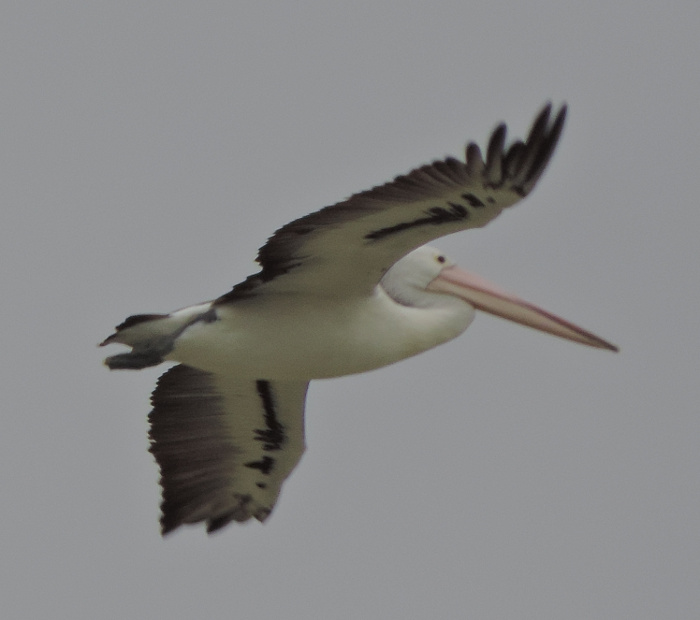"In 2001, a “landmark” study published in the prestigious Journal of the American Academy of Child and Adolescent Psychiatry purported to show the safety and effectiveness of using a common antidepressant to treat adolescents. But soon after its publication, both researchers and journalists raised questions about the research. And in an article we published today in the BMJ, we’ve shown that the original published findings were biased and misleading.
Known as Study 329, the randomised controlled trial compared paroxetine (Paxil, Seroxat, Aropax, among other brand names) with a placebo and an older antidepressant (imipramine) for treatment of adolescent depression. It was funded by SmithKline Beecham – now GlaxoSmithKline (GSK) – the manufacturer of paroxetine.
:
:
If other trials are found to contain similar errors – whether intentional or inadvertent – it might be time to change the requirements for submissions to drug regulators (such as Australia’s Therapeutic Goods Administration, the US FDA, and the European Medicines Agency), who are responsible for evaluating the safety and efficacy of prescribed drugs.
Indeed, if other re-analysis reach the sort of conclusions we did, it should become clear to editors of medical journals that trial results should not be published unless all the data are available for independent scrutiny both before and after publication. Peer reviewers also need to become far more critical of manuscripts they review.
Undoubtedly, there would be resistance to such changes. But scrutiny is warranted for drugs that are likely to be prescribed to millions of patients with potentially adverse outcomes and limited benefits."
(My emphasis)
More from Jon Jureidini, Research Leader, Critical and Ethical Mental Health research group, Robinson Research Institute and Melissa Raven, Postdoctoral research fellow, both at University of Adelaide here:
theconversation.com/antidep...
This is why we should support the efforts of organisations like All Trials: alltrials.net
Neil
Photo: Sometimes an independent 'bird's eye view' is needed; an Australian Pelican aloft
